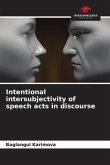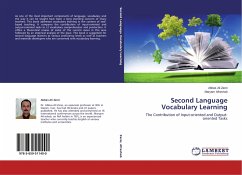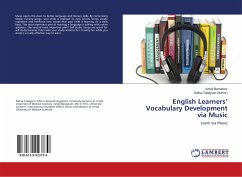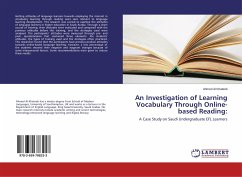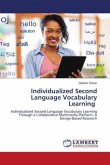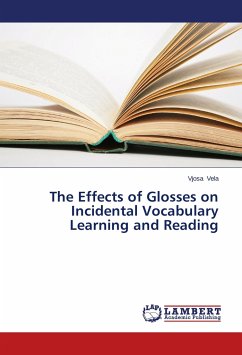One of the insurmountable obstacles in learning a foreign or a second language is to learn a huge number of words. Teachers and researchers have been aware of this necessity ,however, most often they have been in a state of indeterminacy as to what method is the best way to help the learners tackle the obstacle. vocabulary acquisition researchers almost unanimously acknowledge that there is a positive correlation between the amount of mental effort which is invested on the learning of target words and the retention of them. However, translating the amount of mental effort into an operationally measurable index has been a wild horse which has stubbornly defied the attempts of the theoreticians to yoke it.Laufer and Hulstijn (2001) proposed the Task-Induced Involvement Load Hypothesis which claims that in the retention of new words in an incidental context, tasks with higher involvement load are more effective than those with lower involvement load. The present study aimed at examining the predictive adequacy of this hypothesis.
Hinweis: Dieser Artikel kann nur an eine deutsche Lieferadresse ausgeliefert werden.
Hinweis: Dieser Artikel kann nur an eine deutsche Lieferadresse ausgeliefert werden.


